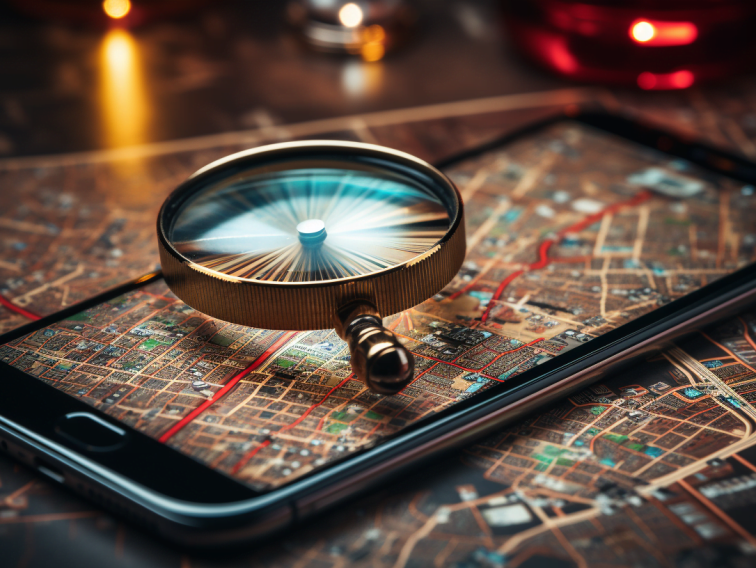Have you ever considered the significance of tracking a cell phone? There are various scenarios where tracking becomes crucial, such as in cases of theft, loss, or monitoring someone possessing the phone. Thanks to modern technology, real-time tracking has become more accessible than ever before with tools like phone number tracker.
How it works
Now, let’s delve into the workings of phone number location tracking:
- GPS Tracking: Many modern smartphones have receivers that receive satellite signals. The device can determine its precise latitude and longitude coordinates by analyzing these signals. GPS tracking offers highly accurate results, often within a few meters. However, the targeted device requires an active GPS receiver and a clear view of the sky to receive satellite signals.
- Cell Tower Triangulation: Mobile phones maintain a connection to the cellular network by continuously communicating with nearby cell towers. Cell tower triangulation involves analyzing the signal strength and timing of these communications from multiple nearby towers to estimate the phone’s location. While less accurate than GPS, this method can still provide a general idea of the device’s location.
- IP Address Tracking: IP address tracking is primarily used to track the location of gadgets connected to the internet. When a mobile device accesses the internet, it is allocated an IP address by the ISP. By analyzing the IP address, it is possible to determine the general geographic location associated with it. However, more than IP address tracking is needed to provide precise location information, as IP addresses can be assigned to broader areas such as cities or regions.

It’s important to note that tracking the location of a phone number requires authorization and legal justification, such as in cases of law enforcement investigations or emergencies. Additionally, privacy laws and regulations may vary by jurisdiction, so it is essential to comply with applicable laws and obtain consent when necessary.
As technology evolves and privacy concerns increase, there may be limitations and restrictions on the ability to track the location of a phone number.
In conclusion, technology has provided multiple ways to track the location of a phone number, each with its advantages and limitations. Techniques like GPS tracking, cell tower triangulation, and IP address tracking can help determine a device’s geographical location in real time. However, remember that these technologies should be used responsibly and within the bounds of the law. This also applies to other useful services, such as debit card generator.
Privacy considerations are paramount, so always ensure proper authorization and legal justification before tracking a phone’s location. As we move forward, it’s important to balance the benefits of these technologies with the need for privacy and security.

